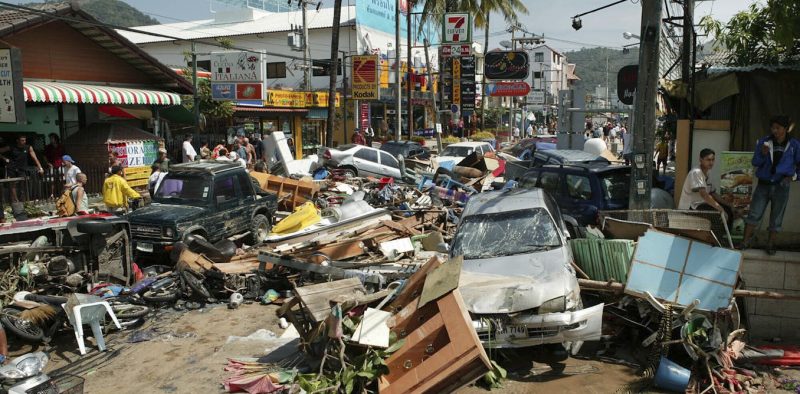
Terrorist attacks aren’t random acts of violence; they’re strategic choices. New research reveals a fascinating insight into the decision-making process of terrorist groups, challenging the common assumption that they simply exploit any moment of state weakness. Our in-depth analysis of global data from 1980 to 2014 shows a surprising pattern: terrorist attacks are significantly more common during security and economic crises, but they dramatically decrease during humanitarian disasters. This isn’t because states are less vulnerable during humanitarian crises; it’s because the reputational risks for terrorist groups are far higher.
We categorized crises into three types: security, economic, and humanitarian. Security and economic crises, by diverting state resources and attention, create ripe opportunities for attacks. However, humanitarian crises, particularly natural disasters, tell a different story. While a state’s vulnerability might be high, terrorist activity plummets. The reason? The reputational cost of attacking during a disaster outweighs any perceived benefit. Groups risk alienating their supporters, hindering recruitment, and jeopardizing negotiations with the state.
Consider the examples of the Kurdistan Workers’ Party (PKK) during Turkey’s 1999 earthquake and the Free Aceh Movement during the 2004 tsunami. Both groups, typically labeled as terrorist organizations, not only refrained from attacks but actively provided aid. This highlights the strategic calculation involved: the potential damage to their reputation among the population far outweighs the tactical advantages of exploiting a weakened state.
This research challenges the simplistic narrative that equates state vulnerability with increased terrorism risk. It reveals a more nuanced reality where terrorist groups carefully weigh the potential gains against the risk to their public image. This has profound implications for counterterrorism strategies. Governments shouldn’t automatically assume heightened terrorism risk during every crisis; a more nuanced understanding of these reputation-opportunity trade-offs is crucial for effective resource allocation and diplomatic responses.
Our findings also emphasize the vital role of public perception. During humanitarian crises, public empathy and unity make violence particularly repugnant, a sentiment that transcends ethnic, political, and national lines. Terrorist groups are acutely aware of this and adjust their behavior accordingly. This underscores the importance of positive public diplomacy and transparent crisis management as deterrents to terrorism.
While our study provides robust conclusions, further research is needed to explore the internal decision-making processes within terrorist groups. How do leaders assess reputational risks? What role do rank-and-file members play? We also plan to investigate the influence of external sponsors, like Iran, and how their priorities might shape the actions of their proxies. Ultimately, our goal is to foster a more comprehensive understanding of terrorist behavior, moving beyond simplistic assumptions to a more sophisticated and strategic analysis.










